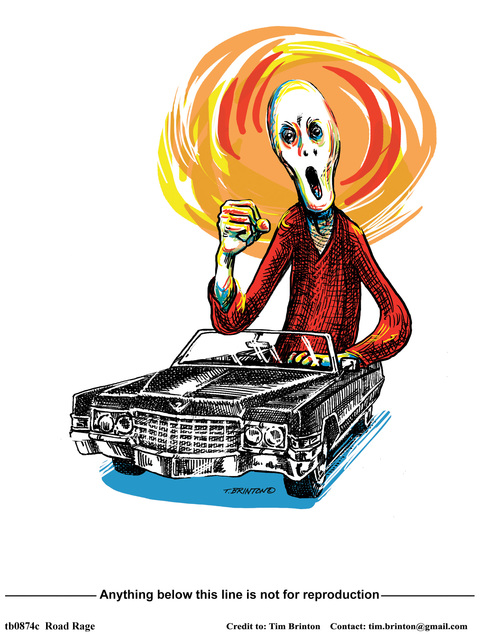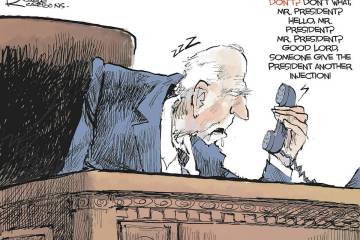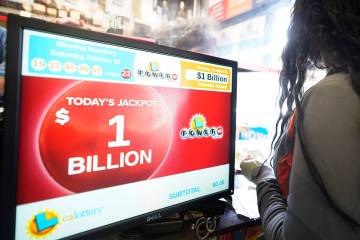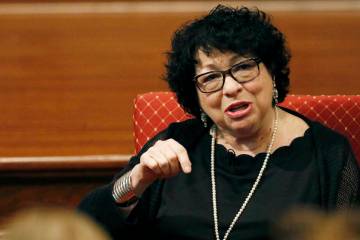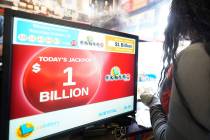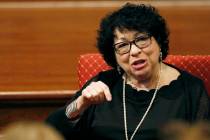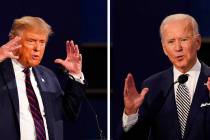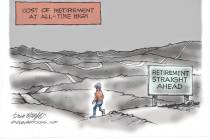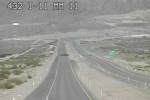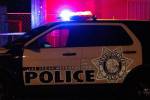Patrols more effective than DUI checkpoints
Every year during the holidays the same bad ideas seem to resurface: Talking politics with Uncle Fred, shopping on Black Friday and putting up sobriety checkpoints to catch drunken drivers.
Though the Thanksgiving holiday is typically one of the deadliest times to be on the road — approximately 400 traffic fatalities are expected this year — setting up police roadblocks intended to catch drunken drivers is an increasingly ineffective tactic.
Dismal arrest rates tell the story. For example, a sobriety checkpoint in Ohio over Halloween weekend resulted in only two arrests after the authorities stopped and inconvenienced more than 480 drivers. Another sobriety checkpoint in California at the beginning of the month had an even worse outcome: Officers stopped more than 500 vehicles, but made zero DUI arrests. On Aug. 19, 821 cars drove through a checkpoint in Frederick, Md. The three-hour effort caught just one impaired driver.
These rates don’t even show the full picture. In the zero-sum game of policing, resources tied up manning checkpoints are resources that can’t be deployed catching the reckless, speeding, distracted and texting drivers on the roadways.
Why are checkpoints so ineffective? Largely because they are so easy for drunks to avoid. After all, sobriety checkpoints are widely advertised on a variety of platforms. Apps such as “Mr. Checkpoint” or “DUI Dodger” can easily alert hundreds or even thousands of people to the locations of sobriety checkpoints — not to mention simple text messages from friends, social media posts or even the array of flashing lights miles in the distance.
There is a better way to keep drivers safe this holiday weekend.
Saturation and roving patrols allow police officers to use their training to spot dangerous drivers and get them off the road. Being on alert for erratic driving of any kind also protects drivers from the dangers posed by distracted, drugged, drowsy (tryptophan, anyone?), speeding, texting and just plain bad drivers. According to the National Safety Council, more than one-quarter of all traffic accidents involve cell phones.
Digging into drunken driving statistics also illustrates why patrols are more effective than checkpoints.
More than 70 percent of drunken driving fatalities are caused by hardcore offenders with a blood alcohol content of 0.15 or above — i.e. almost twice the legal limit. These are the drivers that roving patrol officers should actively seek out and pull over before they reach a checkpoint. It’s easier for an officer to judge impairment by driving habits (not using a signal, swerving, not staying in the lane, etc.) than by looking at a driver’s face in a stationary vehicle at a checkpoint. (Remember, only a small fraction of those stopped at checkpoints are actually breathalyzed.)
Saturation patrols are also easier on city, county and state budgets. Conducting a single sobriety checkpoint can cost up to $10,000, compared to just $300 for a roving patrol — leaving more funds to ramp up the police presence on the roads during dangerous times like this holiday weekend. And roving patrols allow officers to use their skills and training, rather than forcing them to stand in one spot hoping a drunken driver will come through.
There’s a cornucopia of reasons for law enforcement to trade sobriety checkpoints for saturation patrols this Thanksgiving. As for talking politics over turkey, that’s not going anywhere soon.
Sarah Longwell is the managing director of the American Beverage Institute.



